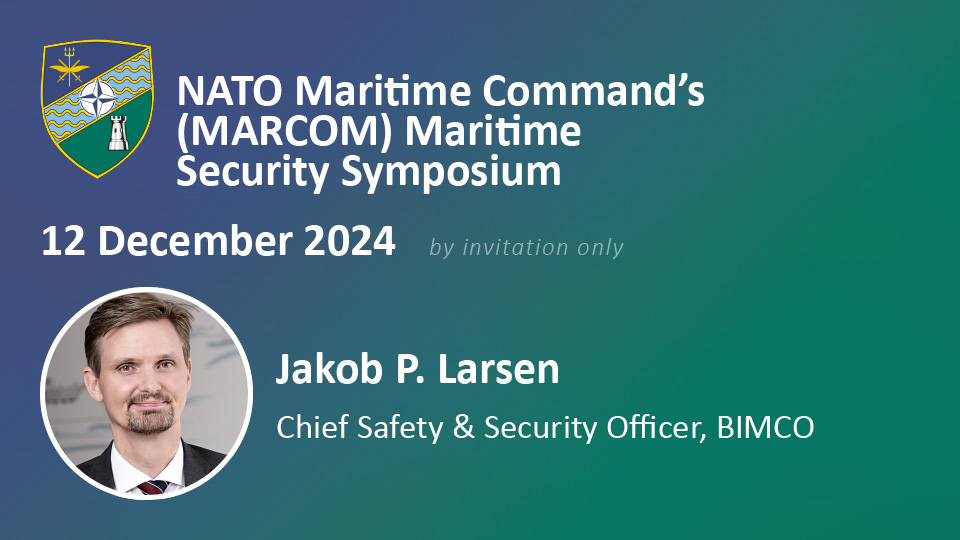Port calls in Mexico entail legal risks
Overview
Arrest and detentions without proper reason
The international shipping industry must be warned about the very slow Mexican legal practices which can trap innocent crew and shipowners in connection with calling at Mexican ports. The risk of unwarranted arrests and potentially lengthy prison stays should not be ignored.
Recently, we have seen cases where ships and crew have been arrested apparently without proper reason. For example, in July 2019, the bulk carrier UBC Savannah was arrested following the discovery of illegal drugs between a cargo of petcoke. Although upon discovery, the Master immediately suspended cargo operations and alerted the authorities, the ship was arrested, and the Master and crew were jailed. After a couple of months, the crew was released, but as of today’s date, the Master remains in custody without any formal charges against him. The lengthy arrest without proper cause is putting a significant psychological and physical strain on the Master. The ship also remains detained by Mexican authorities, obviously at significant cost to the operator.
Another example is the general cargo ship UBC Tokyo, which was detained in similar circumstances in September 2019 and has remained detained ever since.
Since July 2019, a lot of strings have been pulled to facilitate the release of the Master and the ships, but to no avail. The Polish and Cypriot embassies in Mexico have been involved, and continued efforts are being made even at the foreign minister level.
Obviously, the human and economic costs associated with very slow Mexican legal practices are significant, and owners are therefore encouraged to carry out thorough due diligence prior to calling at Mexican ports.
Ships and crew in danger: The nature of the abuse
With the increase in coca production in especially Colombia, the maritime industry is more and more often targeted by drug smugglers looking for opportunities to get their production transported to markets typically in the U.S. or in Europe. All ships are at risk but especially the container trade. The drugs can make their way onto the ship in several different ways, for example:
- Drugs can be stuffed directly in the containers at the container stuffing site
- Sometimes drugs are placed in containers at any point during the container’s travel from the stuffing site to the end destination. This method is referred to as a rip-on/rip-off operation. Neither the shipper nor the consignee is aware that their shipment is being used to smuggle illicit cargo. For this method to be successful, there will always be local conspiracy both in the country of origin or the transhipment port as well as in the destination country.
- Drugs can be attached to the underwater hull by divers and removed again by divers when the ship reaches its destination.
- Crew, stevedores or repairmen can be persuaded or extorted to place the drugs on board.
Practical security measures
- It can be incredibly difficult for the crew to prevent the ship from being used by drug smugglers, but there are measures that could be taken, which will reduce the risk:
Education and regular briefing of crew on how smugglers operate - Systematic searches of the ship and cargo in connection with port calls. If dogs are available, the use of dogs can be considered.
- Increased vigilance during port stays e.g. extra watchmen or extended use of electronic surveillance means (e.g. CCTV).
- Underwater hull search prior to departure.
More guidance on how to protect the ship against drugs being smuggled on board can be found in the BIMCO Shipmaster Security Manual.
Feedback or a question about this information?
VPS Bunker Alerts
Veritas Petroleum Services (VPS) publish regular Bunker Alerts based entirely on fuel samples and have kindly permitted BIMCO’s Members to access this information.
The Bunker Alerts are not intended to be an evaluation of overall bunker quality in the port or area concerned, but usually highlight a specific parameter within the fuel which has raised a quality issue.
Latest ice reports for members
Latest piracy reports
Latest industry releasable threats
ELSEWHERE ON BIMCO
Contracts & Clauses
All of BIMCO's most widely used contracts and clauses as well as advice on managing charters and business partners.
Learn about your cargo
For general guidance and information on cargo-related queries.
BIMCO Publications
Want to buy or download a BIMCO publication? Use the link to get access to the ballast water management guide, the ship master’s security manual and many other publications.
About a new business partner
We can help members check new business partners. We also help to recover millions of USD (undisputed) funds every year.





